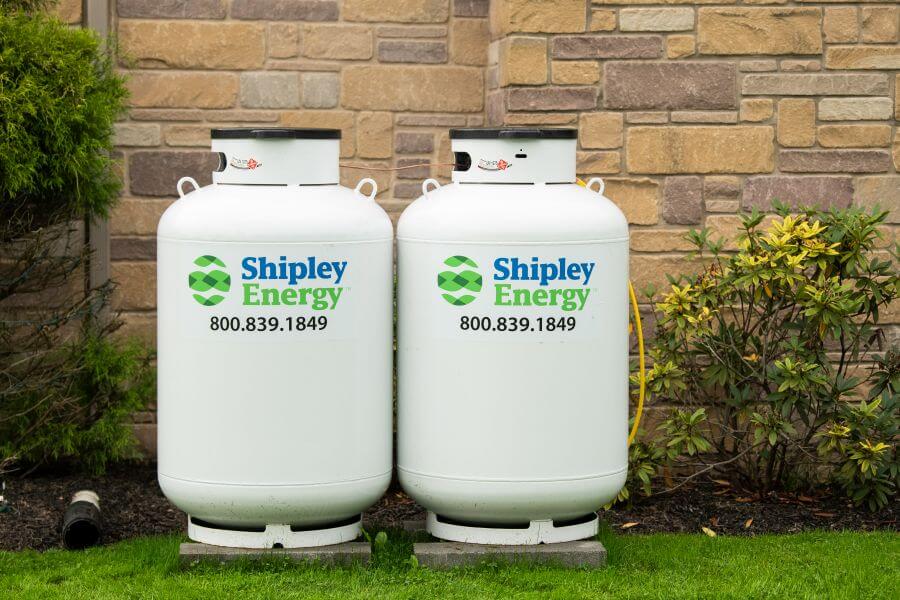Propane: Facts To Know
Propane, also known as liquefied petroleum gas (LPG) is a gas that is typically compressed and stored as a liquid. It is a relatively new form of energy but it has an extremely interesting, although brief, history. Aside from its origins, there are many interesting things about propane that you may not know.
- The founder of the propane gas industry was a Pennsylvania native named Walter O. Snelling. He was the first person to identify the volatile component in gasoline. After the discovery, he quickly realized its tremendous potential.
- Propane is a safe fuel to use in homes and businesses! It’s a non-toxic gas and won’t contaminate soil or groundwater supplies. Overall, it is involved in fewer accidents and fires than electricity.
- Over 48 million homes and businesses use propane for water and space heating. Many industries are choosing to use propane as a cost-effective fuel for their vehicles. It’s also very popular for farm-use. Everything from irrigation pumps to pest control is fueled by propane. It’s an essential part of grain driers, flame cultivation, fruit ripening, and food refrigeration.
- Propane furnaces create a warmer heat than their electric heat pump counterparts. They also last, on average, 20 years while electric heat pumps last an average of 12 years.
- When compared to other energy sources, propane is better for the environment. It is portable and can go anywhere at any time. It is distributed through 56,000 miles of pipeline to nearly 6,000 retail dealers nationwide.
The uses for propane are nearly limitless. It’s no surprise that it’s such a popular fuel source for the United States!
Shipley Energy has been in operation since 1929, and provides propane delivery to residents in Pennsylvania & Maryland regions.
What Affects the Price of Propane?
Several things affect the market price of propane in PA and MD. The most significant is the price of crude oil — crude oil is the main ingredient in propane refining, and if the cost to purchase it is high, the cost of propane will reflect that.
The other major factor is supply and demand. As a commodity with a finite supply, stronger demand for propane — particularly in the winter when homes use it for heating — leads to higher prices. Conversely, in the summer, when propane is less in demand, prices tend to be lower.
Finally, the last major factor affecting the price of propane in PA and MD is transportation and delivery, which is set by the supplier.
Learn more about propane and how we can help!
